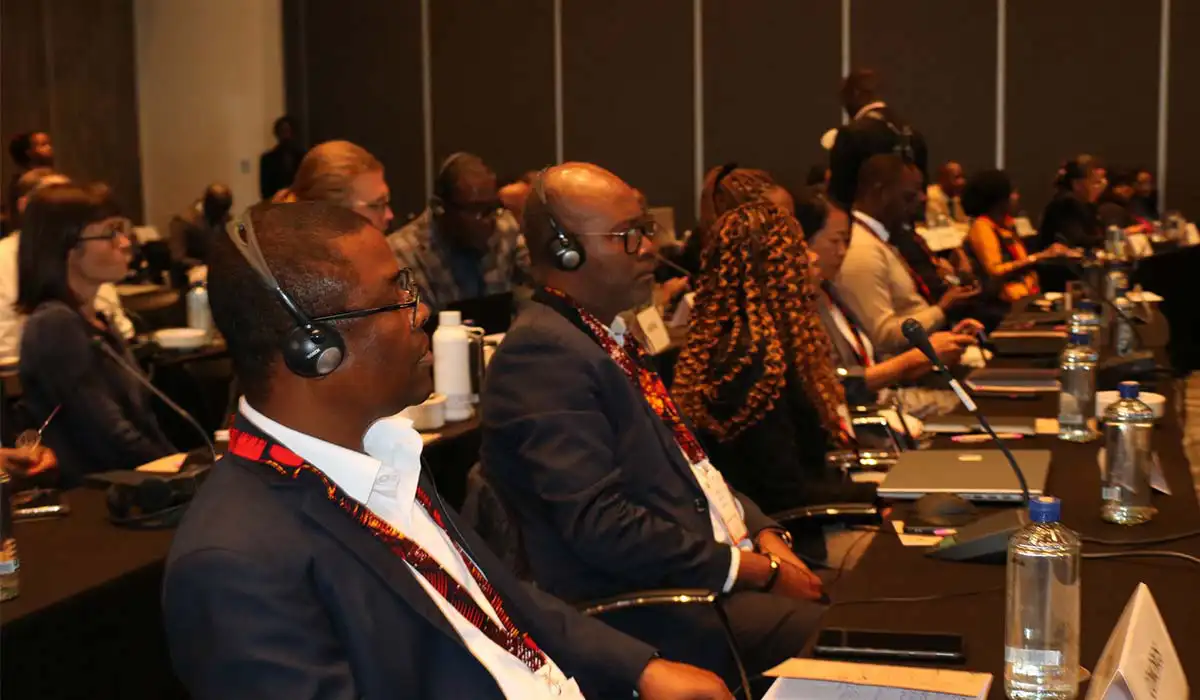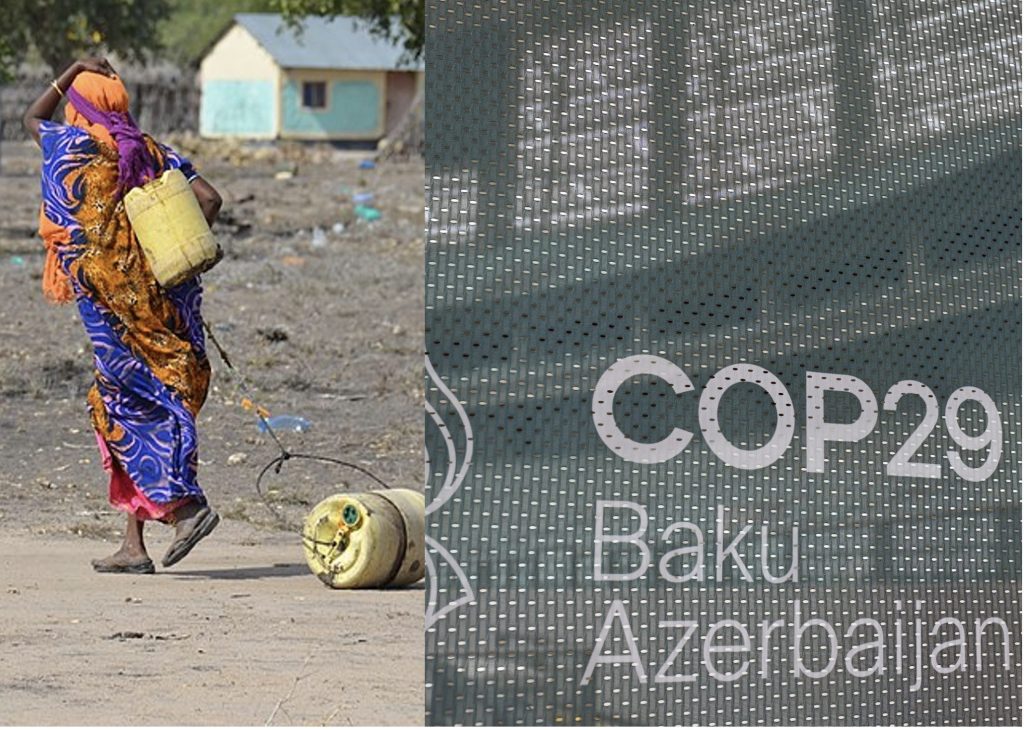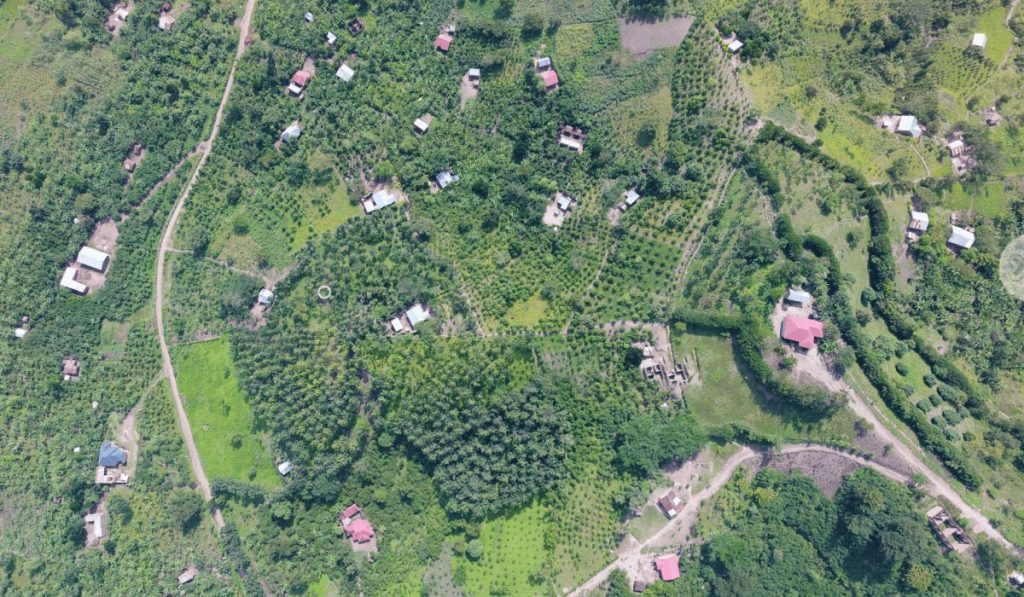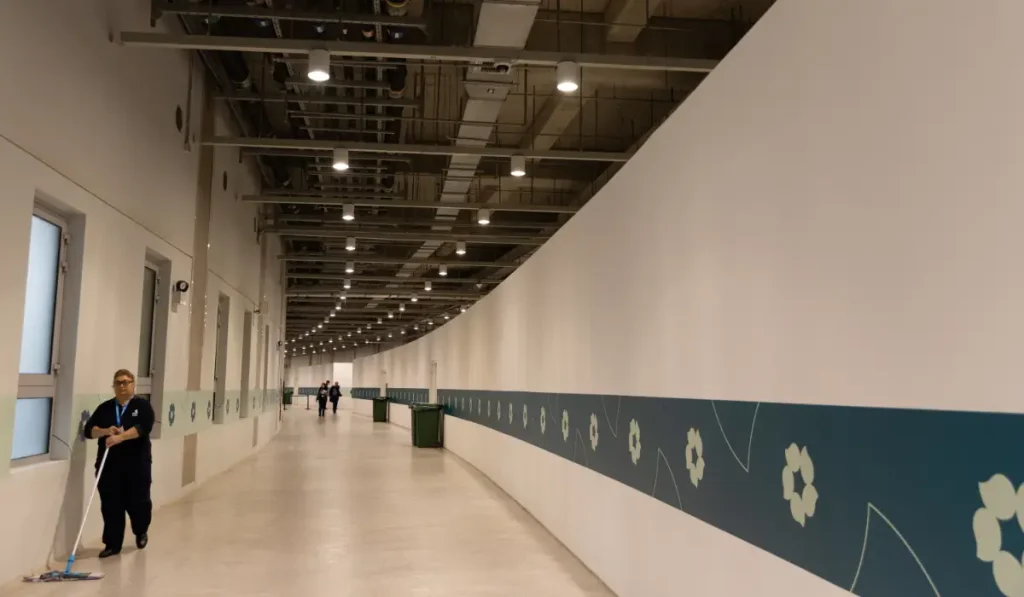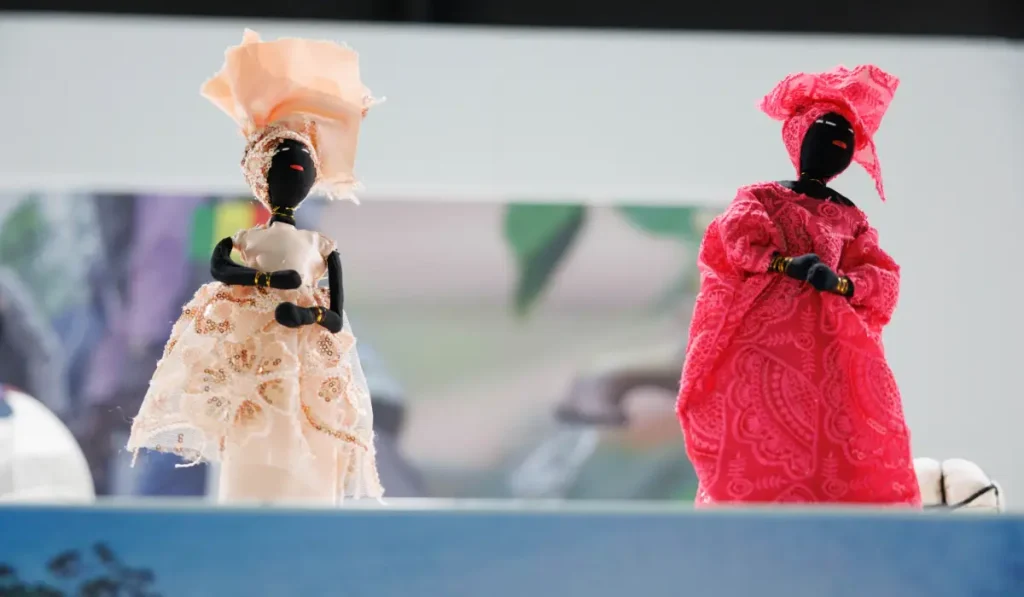Ahead of COP29 in Baku, Azerbaijan in November, and following global climate talks in Bonn in June, the African Group of Negotiators (AGN) met in Nairobi to outline the Group’s positions ahead of the negotiations. It does so ahead of the meetings of the African Ministerial Conference on the Environment (AMCEN) and the Committee of African Heads of State on Climate Change (CAHOSCC) which is due to conclude in early September, where the positions will be put forward for consideration and adoption.
The points of negotiation cover an array of thematic areas but broadly centre around the need for an ambitious New Collective Quantified Goal on climate finance (NCQG), operationalising the global goal on adaptation (GGA) and the Loss and Damage Fund; and resolving unfinished business under Article 6 on carbon trading mechanisms.
Finance
In respect of climate finance, incoming AGN co-chair and Kenya’s climate envoy, Ali D. Mohamed, underscored that COP29 “must deliver on an ambitious [new finance goal] that responds to the needs of developing countries, especially Africa, is consistent with 1.5 degree Celsius pathways for both mitigation and adaptation and that does not exacerbate debt distress.” Coming out of the Bonn discussions earlier this year, there is some unease that countries are still not discussing a formal number just year. The AGN is focusing on the need for the NCQG to provide the clarity and predictability for further ambition and action by developing countries, in particular on the international financial support, and for this reason is seeking to have provision targets and finance mobilisation targets, ensuring that the amount is always adequate to cover Nationally Determined Contribution (NDC) implementation. They are looking for the NCQG to be part of a dynamic process where the target is revisited and reviewed regularly, and accompanied by a burden sharing arrangement so that there is transparency on which countries are providing finance and when.
Discussions within the UNFCCC remain ongoing on a wide range of issues, including the extent to which developed countries will contribute to the “core” of the goal, the breadth of the recipient base; how it should be adjusted (if at all) to accommodate evolving needs of developing countries; and the extent to which there will be a burden sharing arrangement.
But finance discussions are not limited to the NCQG. They span multiple thematic areas such as loss and damage, mitigation and adaptation negotiations. In these forums, the AGN lamented the continued lack of appetite to discuss finance, capacity building and technology transfer, noting pronouncements about urgency of action were not accompanied by actual action. A particular challenge is adequate finance for NDC implementation. This comes as countries are gearing up to revise their NDCs ahead of COP29. Speaking at the AGN preparatory meeting in Nairobi, Kenya’s Cabinet Secretary at the Ministry of Environment, Climate Change and Forestry Hon. Adan Bare Duale, highlighted that “as countries are building momentum towards a new set of [NDCs] the African continent has not received sufficient financial and technical support to effectively implement, track and report on [them] … We also lack clarity on the amount of current and future funding, capacity building and technical support required to implement our NDCs. This vagueness undermines the transparency of support framework under the Paris Agreement and should be prioritised in the upcoming negotiations.” He added that by 2050, negative climate impacts could cost African countries up to USD 50 billion annually. For this reason, he believes that “finance will lie at the heart of climate diplomacy at COP29 as a critical enabler of climate action. Currently, climate finance is flowing to the continent at an insufficient scale and in unequal directions. Securing a strong favourable finance deal at COP29 is therefore vital.”
Adaptation
At COP28 last year, parties agreed on the UAE Climate Resilience Framework on the GGA, and established the UAE-Belem work programme. Part of this process is reaching agreement on indicators to track the GGA. Coming out of Bonn, countries agreed that a new more representative and technically proficient team of experts would map potential indicators for the GGA and that the Adaptation Committee would contribute to this process. This mapping process will be discussed in a pre-Cop workshop in November, with the hopes of agreeing to indicators by the end of next year. The AGN is supportive of operationalising the GGA as soon as possible, which would entail reaching agreement on indicators as a matter of priority. Last year countries could not agree to including a finance mobilisation target for the GGA. However the AGN is still keen to have finance (and more broadly means of implementation) included as a component of it. To this end they are looking for it to be meaningfully recognised within discussions of the GGA’s operationalisation and will continue to raise it at COP29.
Health is also fast becoming a key agenda item in the climate talks. It has come up under the GGA discussions, with the AGN keen to operationalise the GGA sub-goal that seeks to build resilience to climate related health impacts, promote climate-resilient health services, and significantly reduce climate related morbidity and mortality. This would include support for mainstreaming health into climate policies and plans. The Group looking to see the related UAE-Belem work programme as a window for it to provide input on how health should be integrated into climate negotiations more broadly.
Loss and Damage
With recent flooding in East Africa, drought in Southern Africa, and fatal heat waves in the Sahel, the AGN has been focusing on what the fund can and cannot do for countries facing climate induced losses and damages in the region. A priority remains the need for modalities to get it up and running, and the AGN is focused on reaching agreement with other countries on what these might be.
The AGN also expressed displeasure on the recent decision to host the Santiago Network on Loss and Damage (a technical assistance body) in Geneva, Switzerland. The decision runs contrary to a report recommending that the United Nations Disaster Risk Reduction (UNDRR) headquarters in Nairobi, Kenya, would be the most cost effective venue. In his remarks at the opening plenary of the Bonn climate talks in June, Mohamed said “we register our concern that despite the report … the first Board meeting of the Network decided to set aside the informed recommendation, and instead approved hosting the Secretariat in a much more expensive venue in a developed country where the real impacts of climate change is less felt, not to mention issues of visa. As a group, we plan to challenge this decision at COP29”. African country delegates are increasingly facing visa hurdles as they seek to secure attendance at formal and informal negotiation events within the EU and elsewhere.
Mitigation and Just Transitions
In the June climate talks in Bonn, countries had wildly diverging views on what should be included in their draft decision text, particularly on whether they should reflect and build on the mitigation-related aspects of the Global Stocktake outcome that was the product of COP28. Ultimately no decision was reached. The AGN is keen to see more progress on this item, and is looking to engage in the work programme, with a view to achieving greater support (particularly finance) for mitigation measures, most notably for expanded access to low carbon energy and clean cooking. Related to this, there is concern by the AGN Chair that some countries are seeking to reinterpret the bottom up and country determined nature of the Paris Agreement by seeking to put new emissions targets and goals on the table during the mitigation discussions. It is the AGN’s view that these should rather be up to each country to self-determine within their NDCs and Long Term Low Emissions and Development Strategies.
Article 6
Article 6 of the Paris Agreements relates to carbon markets. It creates a framework for countries to cooperate in achieving their mitigation goals, and also provides for the establishment of a successor to the Clean Development Mechanism (CDM), now known as the Article 6.4. mechanism. The AGN’s lead negotiator for carbon markets, El Hadji Mbaye Diagne, said that Africa is seeking the urgent operationalisation of Article 6. “We want the different mechanisms under Article 6 to be operational by early next year. We need a decision on Article 6.2 as well as on Article 6.4 in Baku to allow those mechanisms to be operational and see the different actors starting to develop real projects on the ground.”

